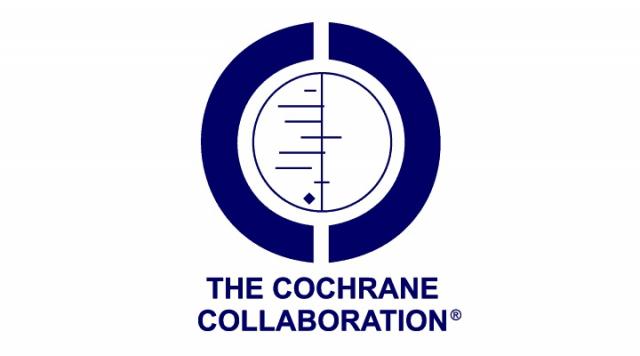
PEDIATRIC ORTHOPAEDICS
Weak evidence suggests Botulinum Toxin Type A may improve some outcomes in cerebral palsy
Cochrane Database Syst Rev. 2019. DOI: 10.1002/14651858.CD001408.pub2Cerebral palsy is a common childhood condition, with spasticity being one of its most disabling complications. Botulinum Toxin has long been used as first line treatment. The authors performed a Cochrane review of all randomized controlled trials comparing Botulinum Toxin to placebo or an active comparator. Overall, 31 trials randomized 1508 patients. The overall quality of the evidence was low or very low. There was limited evidence that BoNT-A is more effective than placebo or non-placebo for improving gait, range of motion, satisfaction, and spasticity. The results for function were contradictory. The rate of adverse events is low and similar to placebo.
Unlock the full ACE Report
You have access to {0} free articles per month.Click below to unlock and view this {1}
Unlock NowCritical appraisals of the latest, high-impact randomized controlled trials and systematic reviews in orthopaedics
Access to OrthoEvidence podcast content, including collaborations with the Journal of Bone and Joint Surgery, interviews with internationally recognized surgeons, and roundtable discussions on orthopaedic news and topics
Subscription to The Pulse, a twice-weekly evidence-based newsletter designed to help you make better clinical decisions
Exclusive access to original content articles, including in-house systematic reviews, and articles on health research methods and hot orthopaedic topics
Or upgrade today and gain access to all OrthoEvidence content for just $1.99 per week.
Already have an account? Log in


Subscribe to "The Pulse"
Evidence-Based Orthopaedics direct to your inbox.
{0} of {1} free articles
Become an OrthoEvidence Premium Member. Expand your perspective with high-quality evidence.
Upgrade Now












































































